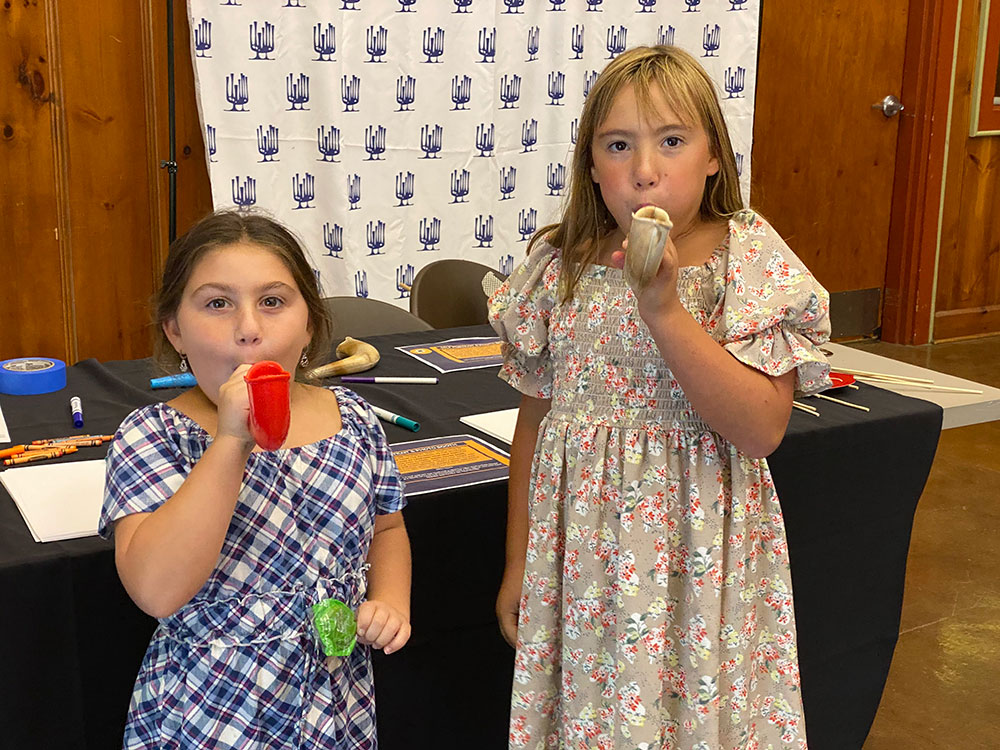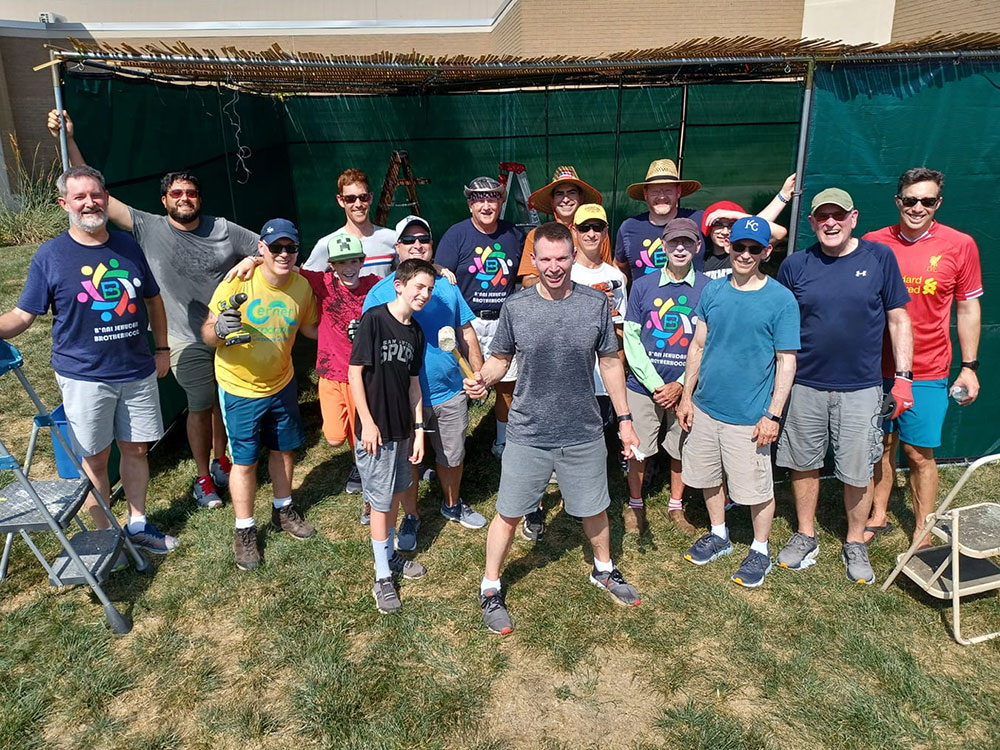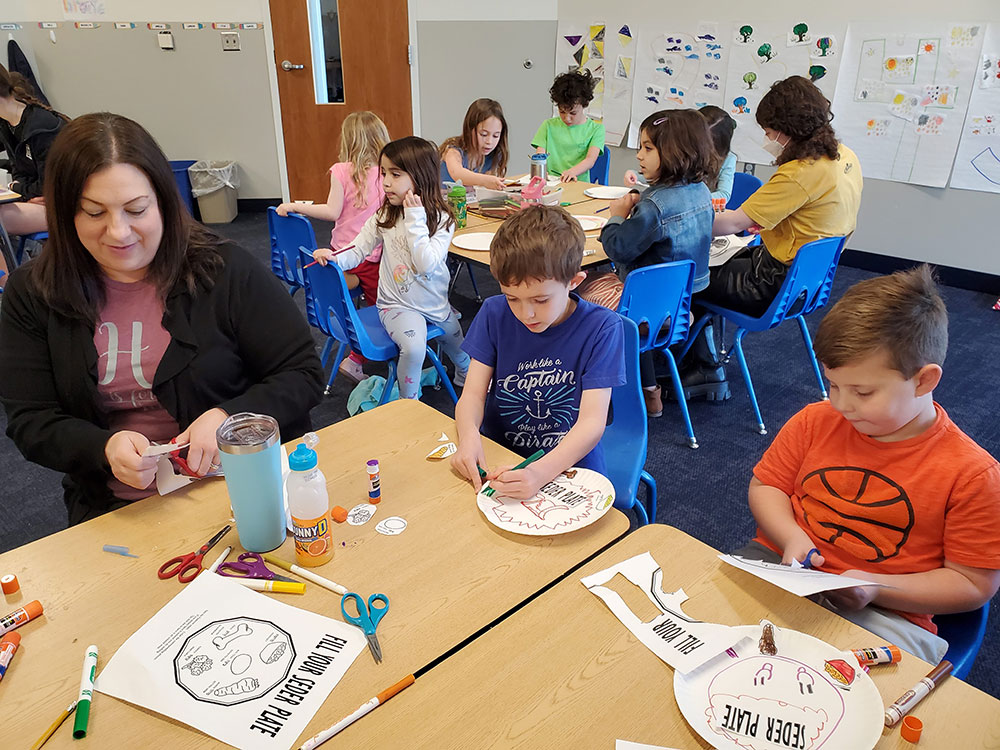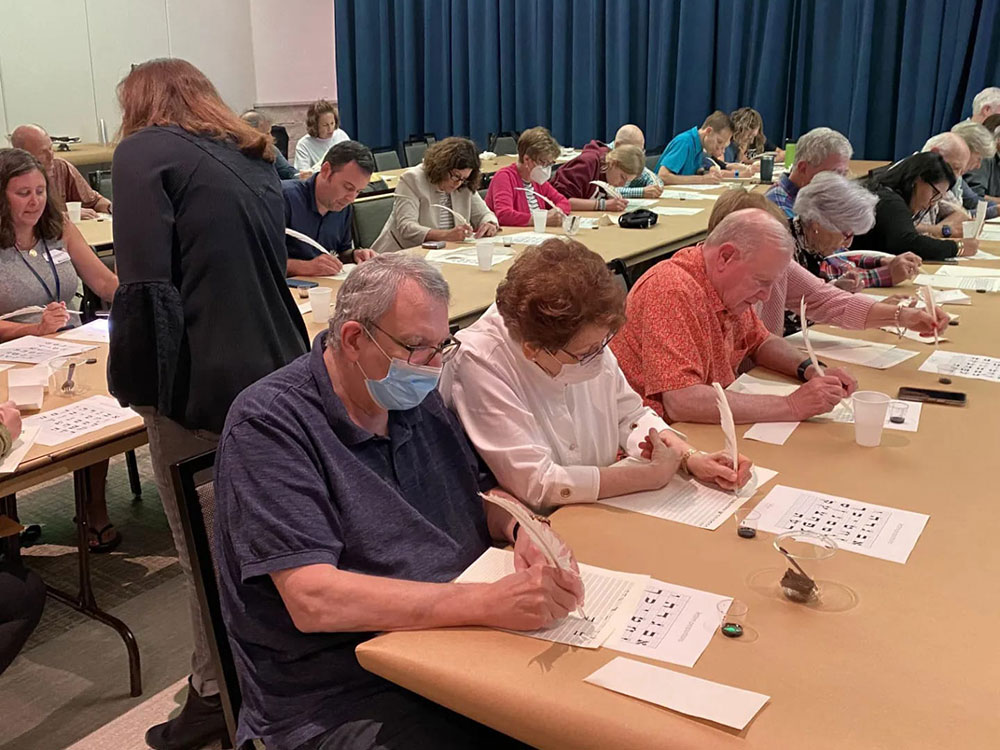Time is essential to all of us. Our lives depend on it. We wake up according to it. We fall asleep by it. We know when to work, when to rest, when to eat, when to play – all based on what time it is.
You would not think of time as having religion. But it does. The “outside” world operates according to a secular (or Roman) calendar. It is a system of non-Jewish time. All of which implies there must be Jewish time. Of course! Jews have always operated according to a sense of Jewish time. Thus, a Jewish day begins at sunset, not midnight. New Year’s is not January I. it is 1 Tishri (Rosh Hashanah). It is not the weekend. It is the start of Shabbat. A significant aspect of this unique time clock is the Jewish holidays. The holidays power our sense of time. Shabbat means the end of a week. Rosh Hashanah marks the beginning of a new year. Chanukah marks the dark days of winter. Sukkot tells us the fall harvest has arrived. In this sense, the holidays have played an important role in our communal lives.
However, there is another function of the holidays – one to which our continuance as a covenant community is indebted. For the Jewish people, holidays have been the frame within so much of family memories are made. Whether it is food (latkes on Chanukah or matzah on Passover) or festivities (Purim carnivals and Tu B’Shevat seders) or a combination (break-the-fast after Yom Kippur or building a sukkah and eating in it on Sukkot), holidays and their traditions play a significant role in developing and maintaining the Jewish psyche.
A wonderful beginning resource on the various Jewish holidays and their meanings can be found at reformjudaism.org. You may reach by clicking here.
B’nai Jehudah observes all the major holidays of our tradition. For a schedule of holidays, as well as how our community observes them, please look at our calendar (on our home page), as well as in our monthly Bulletin (available by clicking here).









